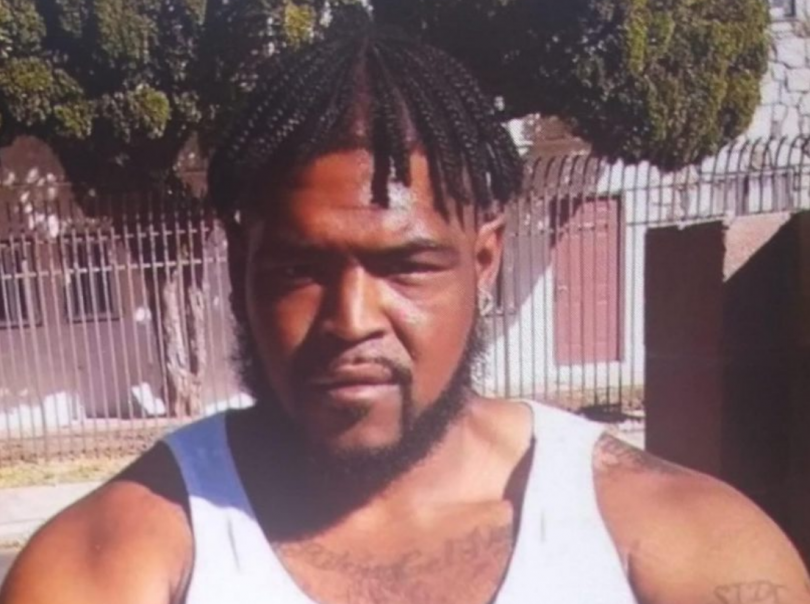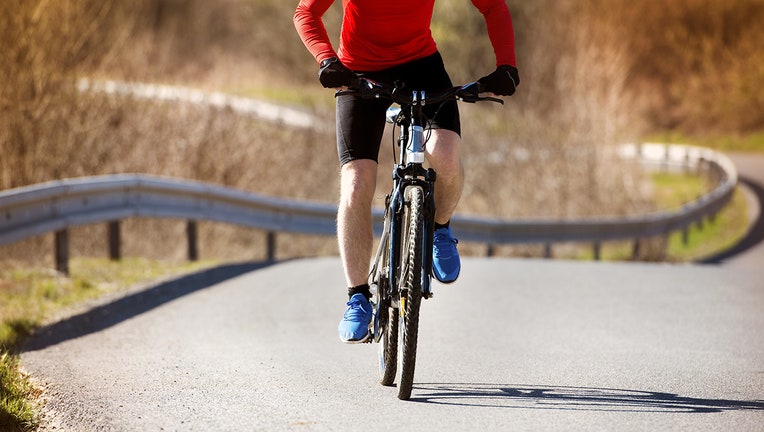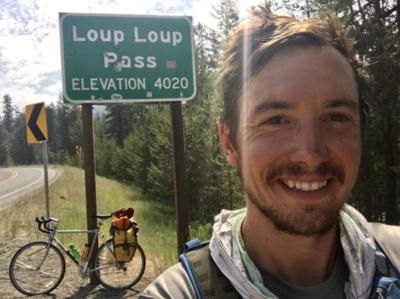Back in 1991, he set a goal.
Last month, after twenty-eight years, he reached it.
His goal? Cycling 100,000 miles.
That feat is, in itself, impressive enough. More awe-inspiring, though, is that he gave himself that milestone, if you will, to reach when he was 67 years old.
Oh, and Bob Mettauer hadn't been on a bike in about half a century. As a teenager in Long Island in the 1930s, he ran deliveries for a local butcher. On Saturdays, he said, he'd typically ride 50 miles.
Then, as they say, "life happened"--in his case, World War II. After serving in the Navy, he moved to California, where he worked for the phone company until his retirement.
His neighbors in Casa Grande, the Central Coast community where he settled 34 years ago, know him as "Bicycle Bob" and have followed his exploits. He used to ride 20 miles a day when he was younger, he says. "It just kept adding up, so I set 100,000 as my goal." These days, he rarely leaves his neighborhood because of the "crazy drivers" but was recently "doing nine miles a day in the morning."
To reach his goal, he's ridden three different bikes. The first didn't last long, he said. The second one took him through 40,000 miles. His current bike "has plenty of life." But, he says only half-jokingly, "There's not much life left in the guy who rides it."
If I were a betting woman, I think I'd put my money on the man before the bike. He's only 95 years old, after all!
Last month, after twenty-eight years, he reached it.
His goal? Cycling 100,000 miles.
That feat is, in itself, impressive enough. More awe-inspiring, though, is that he gave himself that milestone, if you will, to reach when he was 67 years old.
Oh, and Bob Mettauer hadn't been on a bike in about half a century. As a teenager in Long Island in the 1930s, he ran deliveries for a local butcher. On Saturdays, he said, he'd typically ride 50 miles.
Then, as they say, "life happened"--in his case, World War II. After serving in the Navy, he moved to California, where he worked for the phone company until his retirement.
His neighbors in Casa Grande, the Central Coast community where he settled 34 years ago, know him as "Bicycle Bob" and have followed his exploits. He used to ride 20 miles a day when he was younger, he says. "It just kept adding up, so I set 100,000 as my goal." These days, he rarely leaves his neighborhood because of the "crazy drivers" but was recently "doing nine miles a day in the morning."
To reach his goal, he's ridden three different bikes. The first didn't last long, he said. The second one took him through 40,000 miles. His current bike "has plenty of life." But, he says only half-jokingly, "There's not much life left in the guy who rides it."
If I were a betting woman, I think I'd put my money on the man before the bike. He's only 95 years old, after all!







































